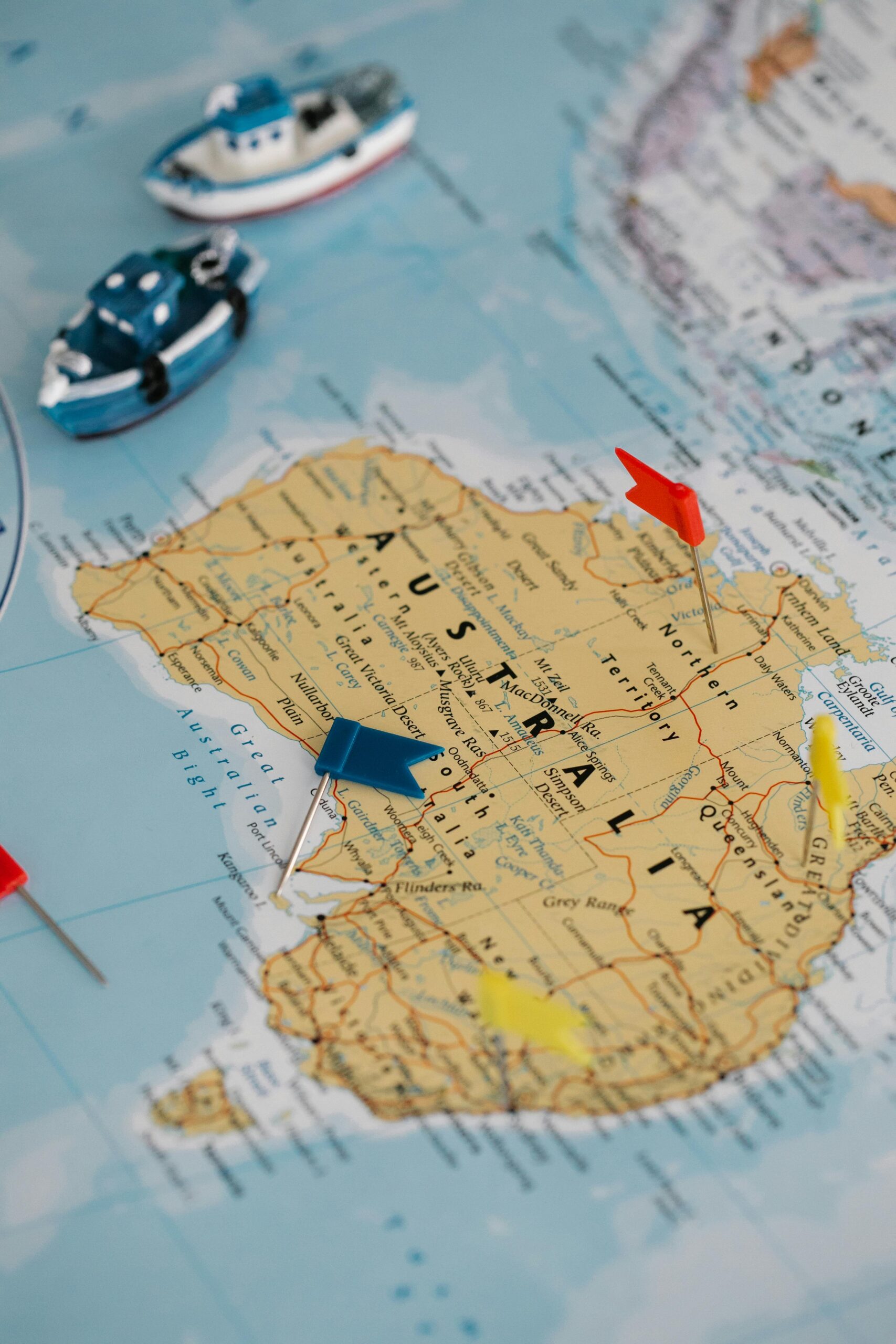Over the past few months there have been major announcements within the music streaming industry which could dictate the future direction of music streaming. After finally going public at the beginning of 2018, Spotify announced on February 9th that the streaming platformed turned a profit. Last month, Amazon revealed that it had struck deals with the Big 3 – Warner, Sony and Universal music – to launch its very own freemium model, challenging Spotify at its own game whilst also suggesting a domination over Tidal in the high-fidelity space. Furthermore, the fastest growing streaming platform Boomplay – a Chinese owned African music streaming platform recently raised $29millionAUD in outside funding and investing $1.4millionAUD into Kenyan artists, doubling down on the next frontier in music streaming. So, let’s have a look at how these three companies are currently juking it out as three of the largest stakeholders in the future of music streaming.
Spotify Finally Makes a profit.
13 years and 96 million paid subscribers later, Spotify finally announced on February 9th that it had turned a profit. “[F]or the first time in company history, Operating Income, Net Income, and Free Cash Flow were all positive,” reads a portion of Spotify’s financial announcement. Specifically, the company made an operating profit of €94 million or AUD$151million. With 207 million active users, Spotify also became the first streaming platform to break the 100 million benchmark for paid subscribers with 107 million. This doubles Apple Music’s paid subscription count of 56 million.
One of the primary reasons for Spotify’s success thus far has been its use of a freemium business model. Subscribers are initially thrown into a free subscription base in which they can shuffle songs rather than select songs specifically, featuring frequent advertisement interruptions between songs, all whilst funnelling users into a paid premium account. When speaking to investors in March last year, Spotify’s head of Premium Business, Alex Nordstrom drilled home their success “This freemium model is a key differentiator,” he said. “Not one of our major competitors have a free product like this.” Up until now, that has been Spotify’s main differentiation from the rest of the market until…
Amazon Announces free membership
Launching on April 18th for customers owning Amazon’s Echo devices and a select few Amazon-powered devices, Amazon announced Amazon Music Unlimited – a free music service on a soft release with limited access to certain playlists and artist radio stations. The world’s biggest e-retailer now also has its fingers in the music streaming pie. The idea is to take inspiration from Spotify’s freemium model to draw music fans into the Amazon-Alexa world for “free” to later get them to sign up for a premium membership – or perhaps purchase another product from Amazon’s seemingly endless catalogue.
Rumours also suggest that Amazon could announce a membership priced above its premium membership for access to high-fidelity “better than CD quality” music – a market Spotify and Apple music are not currently in. The only major player in this market is hip-hop icon Jay-Z’s platform Tidal, a platform that has struggled to gain popularity since its release in 2015. Amazon it seems is looking to cover the market at both the low-end and high-end, retaining customers who might otherwise move onto another platform for a different offering.
And by comparison to Spotify, Amazon can afford to be doing all of this. Amazon can afford to discount music as a loss-leader to support its core business in retail – a luxury that Spotify doesn’t have. If domination in the music market leads to higher sales of Amazon-owned products, Amazon can afford to absorb the losses that Spotify has struggled to deal with for the past 14 years. You can just imagine hitting play on Beyoncé only to be notified that her song might “sound better on Amazon Echo – only $149 or buy 2 for $199, one for your bedroom and living room…”
Perhaps most troubling to Spotify however is how free music plays into Amazon’s wider ambitions to generate advertising revenue. Amazon, whose advertising platform remains a sub-strand of its overarching business, turned over AUD$14.5billion, dwarfing Spotify’s advertising revenue of just AUD$923million over the same 12 month period.
Africa – The next music streaming frontier
With the industry worth AUD$27.4billion globally, the African market is still largely untapped and with Spotify and Apple music still figuring out how to infiltrate the continent outside of South Africa, African music streaming remains largely unstructured, presenting a significant challenge but equally significant opportunity for Boomplay. Owned by Trassnet – a joint venture between Chinese companies Transsion Holdings and NetEase, Boomplay has been dominating music streaming in Sub-Saharan Africa, recently raising AUD$29million in outside funding. Launched in 2015 in Nigeria, the platform has garnered up to 44 million active users, mostly from Nigeria, Kenya, Ghana and Rwanda with over 20,000 African Artists across several culturally-specific genres. Adding 2 million new users every month, Boomplay’s top position in Africa is undeniable.
The eye-watering pace at which Boomplay has grown can be attributed to the fact that the application comes preloaded onto Transsion smartphones – the best-selling smartphone brand on the continent, holding a 40% share of the African mobile market. With the median African age sitting at 19 years old, there is a vibrant, engaged young community that has had an explosion onto the international creative scene in the past few years, the uptake in smartphones along with growing internet infrastructure being key influencers in this boom. As the continent rapidly becomes switched on and tapped into online spaces, there is a significant opportunity for online creative production and streaming.
Spotify only launched its first service in Africa in March 2018 within the most developed market in South Africa. Whilst Spotify has had a largely successful year in South Africa, Apple music has struggled with its premium business model, selling less than 1 million iPhones (9.75% total market share), limiting its potential for growth when you consider the blistering pace at which Transsion smartphones are being bought.
This could be a reflection of African buying consumer culture. After losing $2.9millionAUD through iROKOtv in Nigeria, CEO Jason Njoku revealed that one of the most challenging elements for streaming platforms is monetisation, as Africans still prefer not to pay for music. Artists working in Nigeria frequently release music for free online, a culture born out of the prevalence of the piracy of CD’s, resulting in Nigerian artists focussing mainly on live shows and brand endorsements as primary sources of income. By doing this, artists often work independently or with micro-labels, further complicating things for larger streaming platforms such as Spotify and Amazon looking to secure their music to distribute to a larger audience
With no real structure to the African music streaming market, companies like Spotify will have to invest a lot of time and money into navigating agreements with individual artists and micro-labels if they want to look at becoming a major player. With a rapidly developing online space, Boomplay are swiftly navigating these blockades with years of trust amongst African artists that is not currently accessible to a global company such as Spotify.
Where to next for spotify?
Spotify’s current outstanding offering is their expert algorithm that curates content specific to each user, suggesting similar songs to current music and playlists that are frighteningly accurate to each individual taste. With the boom of the podcast market, Spotify has also cemented itself as a major distributor of content, capitalising on the rising trend of in popularity. But as the industry leader in music streaming, will Spotify be too busy battling rising stars such as Amazon and Boomplay to retain the top spot? Boomplay’s rise has been phenomenal, and with an expected growth of 440 million handsets in Africa over the next 8 years, Spotify has limited time to figure out how to penetrate the African market before they miss the boat completely. Furthermore, with Amazon’s global takeover of seemingly every industry in existence, it’s looking doubtful that Spotify will be able to retain a majority share when they aren’t offered the same business diversification that Amazon holds. It will certainly be interesting to see how the music streaming landscape changes over the next 5 years.
GET IN CONTACT WITH US
Have any questions surrounding what you’ve just read? Perhaps you’d like to know how we can help you and your business? please feel free to reach out to us below with any questions that you might have:












